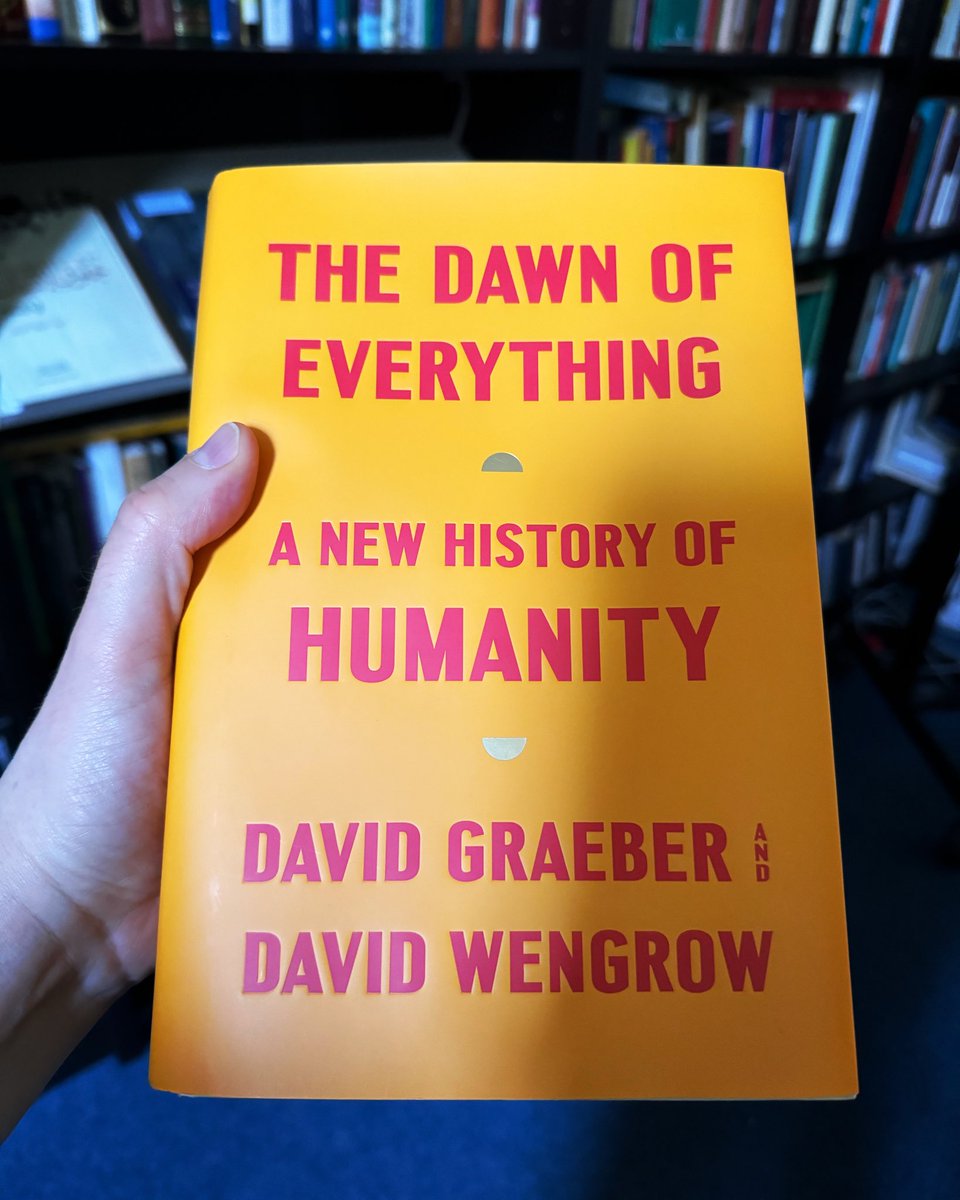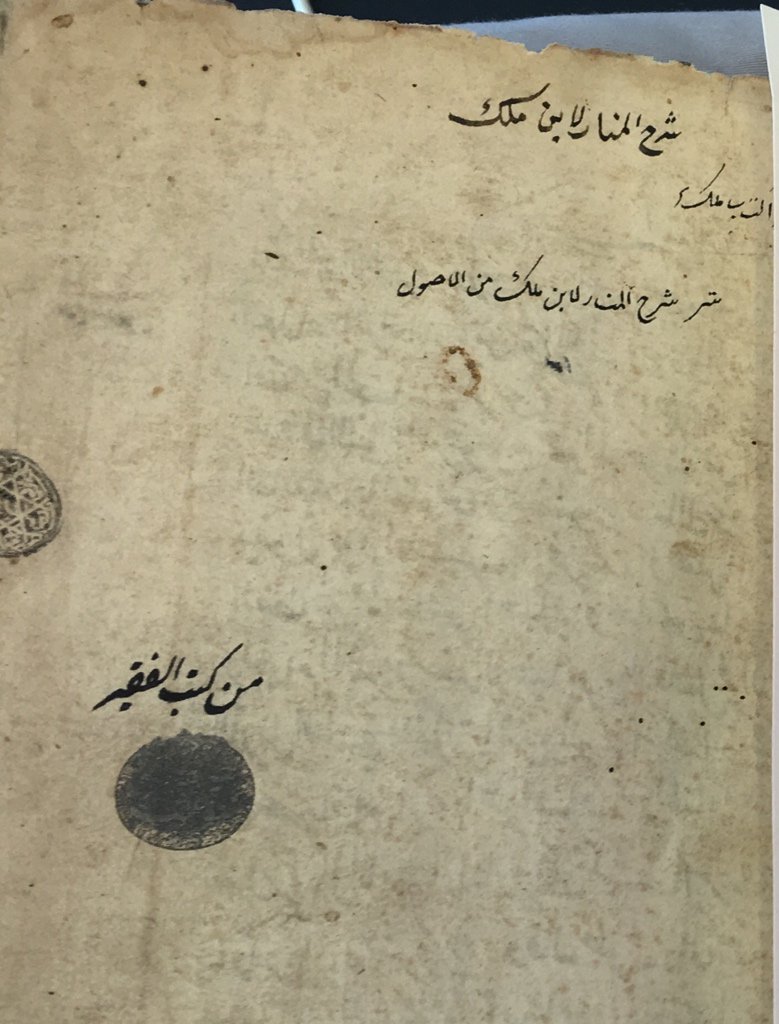
Islamic intellectual historian and philosopher of religion, teaching and researching how humans discuss(ed) existence @IURotterdam @LeidenHum @lu_cith @isar_int
3 subscribers
How to get URL link on X (Twitter) App


 Throughout history humans have formed cities and civilizations, big and small, democratic and authoritarian, having priests or only believers, and interchanged between all these types of social organizations.
Throughout history humans have formed cities and civilizations, big and small, democratic and authoritarian, having priests or only believers, and interchanged between all these types of social organizations.



 →from which He creates the Muḥammadan Reality→from which He creates all existence→Mankind is the best part of this creation→Mankind cannot escape that it needs to settle for rest as it has a body→a body needs a place→earth is created as its place on which Man is created→
→from which He creates the Muḥammadan Reality→from which He creates all existence→Mankind is the best part of this creation→Mankind cannot escape that it needs to settle for rest as it has a body→a body needs a place→earth is created as its place on which Man is created→
https://twitter.com/yasirqadhi/status/1275035197654937600...ʿallama in its apparent meaning of ‘taught’, as in that language, both in form (lafẓa) and meaning (maʿanā), was in one way or another divinely imposed (bi-l-tawqīfi) on the first human(s). But a minority among the Muʿtazila proposed an alternative semantic meaning... 2/
https://twitter.com/bdaiwi_historia/status/1267903104432947201An important element in the development to this demarcated Sunnī identity is it self-othering from important ‘others’ such as the Muʿtazila. A common phrase in post-classical works is: “And this opinion is what is adhered to by the

https://twitter.com/MuslimScholars_/status/1215764527884750849One of the earliest Islamic references to this maxim is by al-Māwardī in his work on political philosophy, Adāb al-dunyā wa al-dīn, in which he links it directly to the classical philosophers (ḥukamā’):
